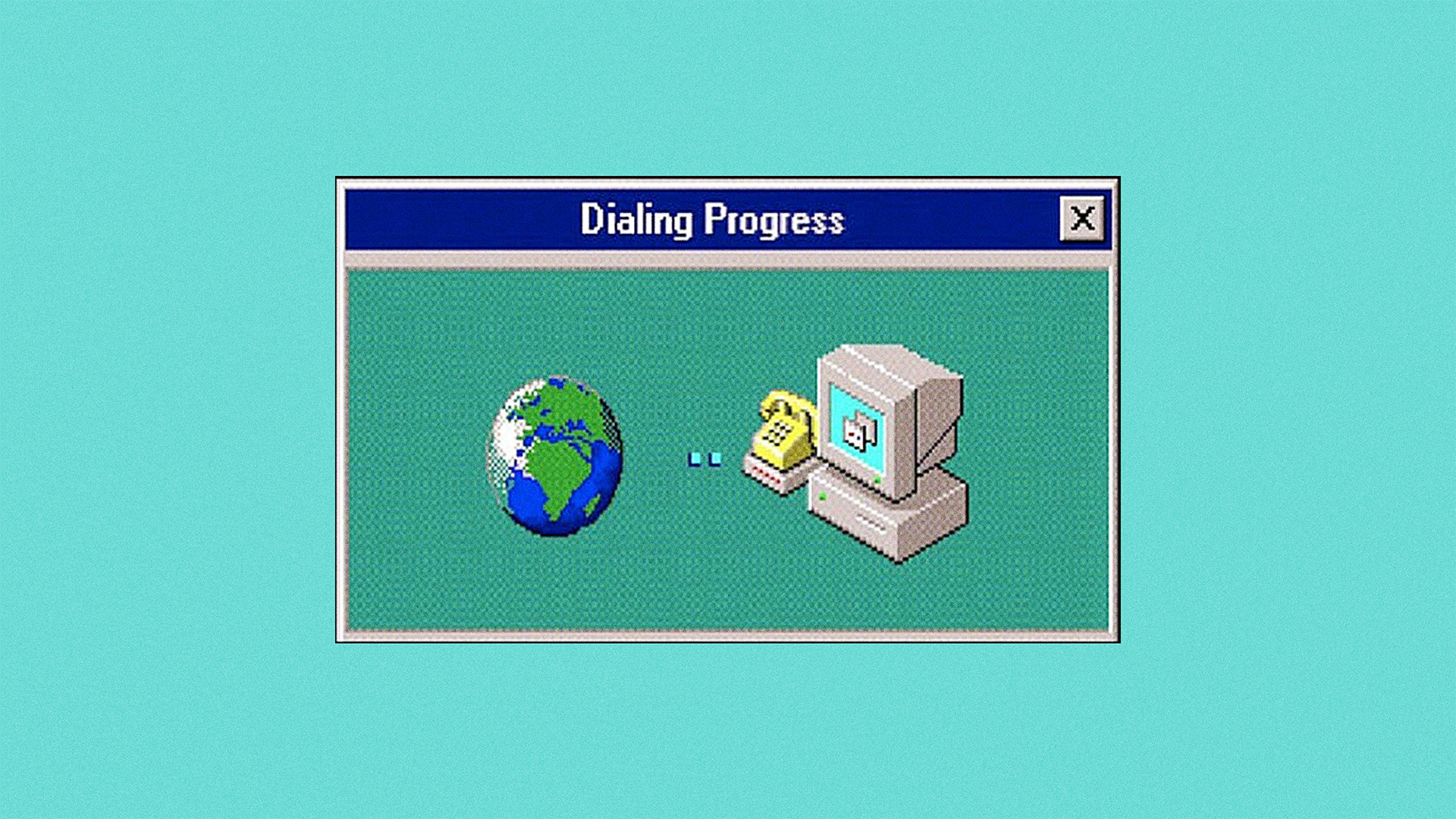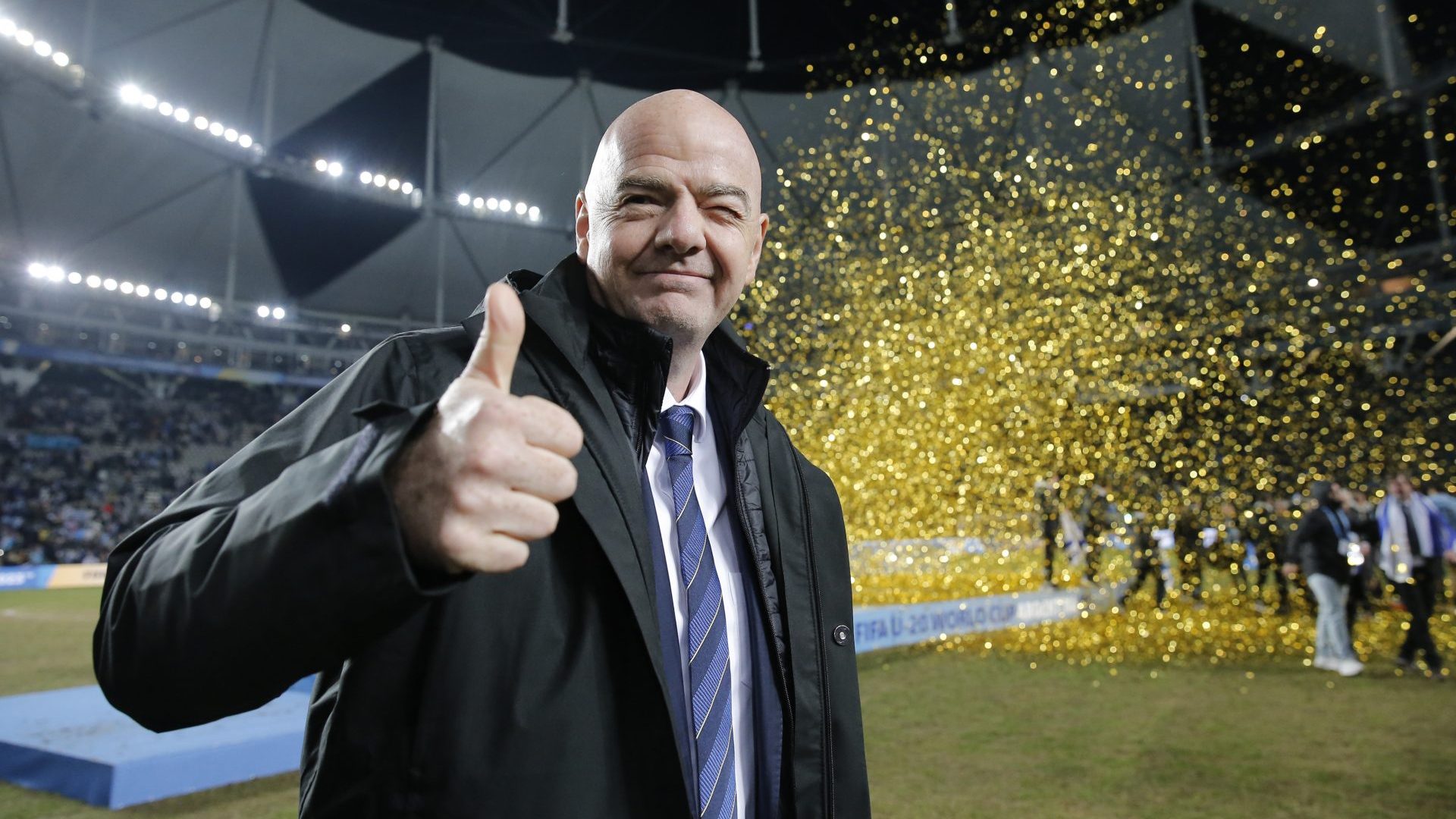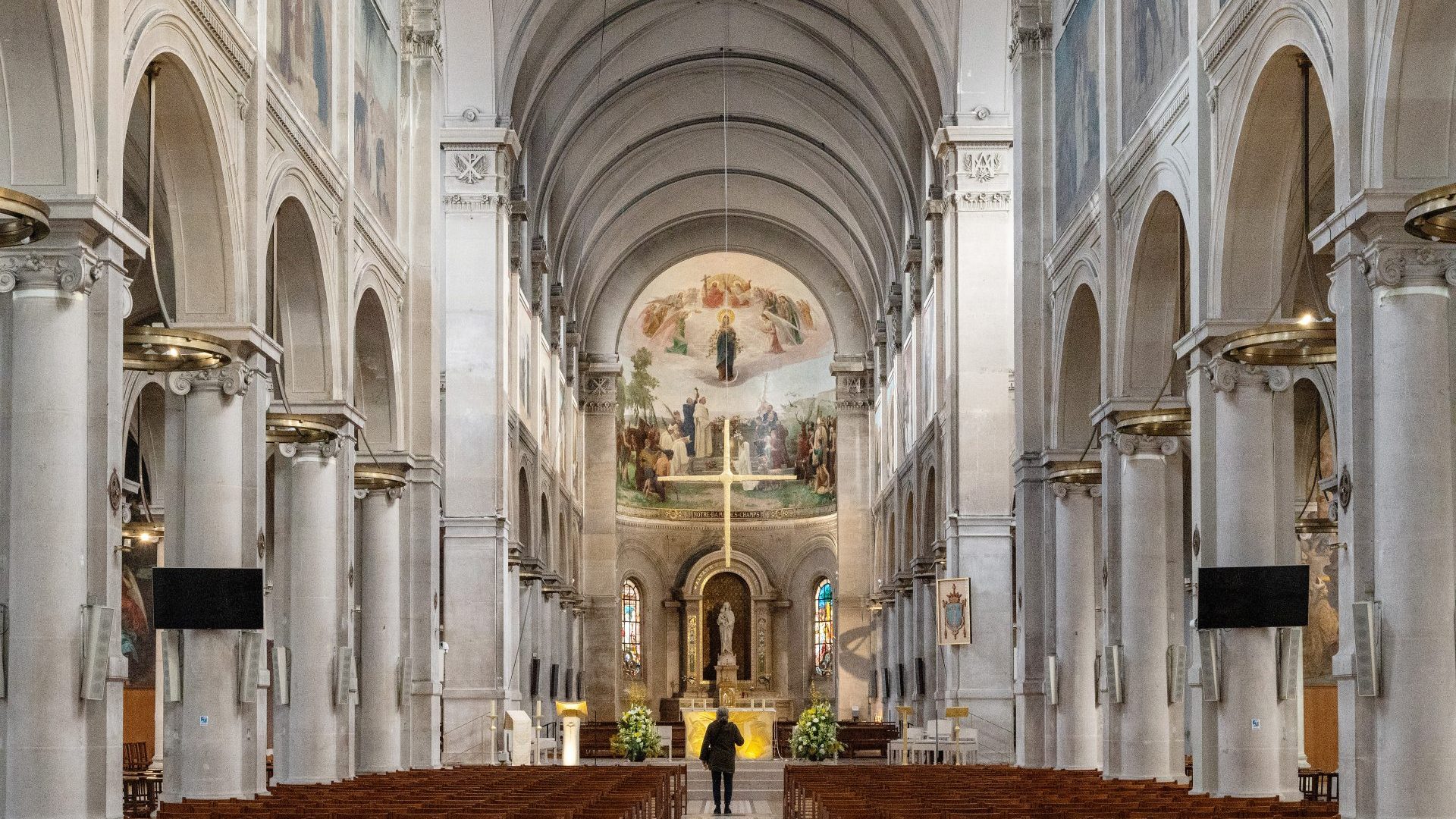Does the word “algorithm” mean anything to you? Or how about online bullying – or revenge porn? Have you heard of Jake Paul, Stephen Yaxley-Lennon, or Andrew fucking Tate? How about: cookies; pop-ups; Belle Delphine; MrBeast; Bonnie Blue; or 4chan? (A note to the less-online; should any of the above terms mean nothing to you, do not, under any circumstances, be tempted to Google them). It’s all online slop. Slop. Slop – everywhere.
Was the web a mistake? Midway through 2025, it certainly seems as though a significant proportion of us are willing to chalk the whole “internet” thing down as a regrettable error of judgment. A recent survey went so far as to suggest nearly half of all 16-21-year-olds in the UK would prefer to exist in a time before “online” existed.
But what if the problem was – well – us? The latest Ofcom research into the UK’s online media consumption shows that just over 75% of UK adults limit their exploration of the vastness of the web to the same limited selection of websites every week. Our digital diet consists of our social networks of choice, a news website or two and maybe a couple of online communities centred around whichever weird passions we’re currently obsessed with (parenting, shibari, lactic fermentation). And that’s it. What if there were another way?
Over the past few years a movement has emerged, trying to encourage us to think of the web in a different way. Often referred to as the “cosy” web, or the “small” internet, it’s a loose network of digital creators, artists and enthusiasts who are trying to promote the idea of the internet as a place of infinite creative possibility rather than a cesspit of digital horror.
Since 2018, Athens-based Kristoffer Tjalve has been running his newsletter, Naive Weekly, celebrating what he calls “the quiet, odd and poetic web,” featuring small digital projects from around the world. His plan is to highlight work “made by artists, designers, educators, developers, organisers and writers who seek alternatives to nostalgia for a lost web without being blinded by the eternal utopian promises of infant technologies.” In 2023, this expanded to become Naive Yearly, an annual in-person conference for people making interesting stuff online, from internet poetry to weird games, and everything in between.
Separately, Kris also helps run the Tiny Awards (full disclosure – so do I), which celebrate independent, non-commercial websites which have been created for no other reason than their makers wanted to create them.
Suggested Reading


How the internet tried and failed to kill my attention span
Stepping into that parallel web – full of sites that look like they might have been built a decade ago, anti-algorithmic and hand-coded – you find things you simply don’t get via your Insta feed. The HTML Review, for example, is an annual journal of literature made to exist on the web, now in its fourth edition, which encompasses poetry, fiction, non-fiction, essays, graphic storytelling, and experiments, full of creative reimaginings of how text can work with the internet to make art.
One Minute Park crowdsources minute-long videos from parks around the world, creating a world tour of public space in 60-second morsels. The Internet Road Trip is a site where hundreds of people collaborate to drive a virtual car around Google Street View, 24/7, a crowdsourced world tour that’s been running for months with no end in sight.
There’s a whole other world out there, one that exists outside social networks and the injection of AI into everything, being built piece-by-piece by individuals who still believe in the power of the internet for good.
The thing is, though, you have to look for it. The mainstream web in 2025 is homogenous, video-first and mandated by the algorithmic bell curve: if you’re sick of what you’re getting from your feeds, why not look elsewhere? Sometimes you have to take responsibility for your own digital diet, and make an active choice not just to open wide and inhale whatever’s being fed to you. Find newsletters that take you to interesting places. Explore hyperlinked rabbit holes. It is within your gift to build the web experience you want.
Back in the day, we used to talk about “surfing” the internet – the verb implies motion, activity, agency. Now we talk about “platforms”, a shift from the kinetic to the static.
Before social feeds we relied on word of mouth: hand-crafted online directories of interesting links, physical books about what was good online. We can recapture that curiosity, that spirit of discovery, the feeling that the web is a patchwork of projects and people that rewards exploration – if we put the effort in. Otherwise, just sit back and drink your slop.
Matt Muir is a writer and journalist




